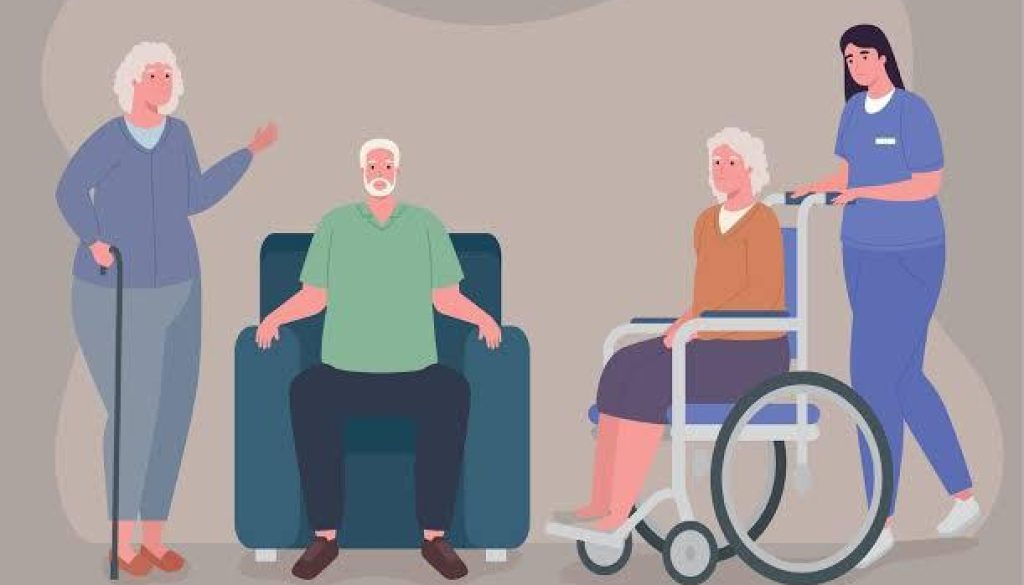Elderly mental health in nursing homes
Elderly mental health in nursing homes is a critical issue that requires attention and care. As people age, they may experience a range of physical, emotional, and cognitive changes that can impact their mental health. Nursing homes can provide a supportive environment for elderly individuals, but they also present unique challenges.
One of the primary concerns for elderly mental health in nursing homes is the prevalence of depression and anxiety. Studies have shown that a significant proportion of nursing home residents experience symptoms of depression and anxiety, which can be exacerbated by factors such as chronic illness, pain, and loss of independence.
Another concern is the impact of cognitive decline on mental health. Dementia and Alzheimer’s disease are common conditions among nursing home residents, and can lead to feelings of frustration, agitation, and confusion. Nursing home staff play a critical role in providing supportive care and creating a calm and engaging environment for residents with cognitive decline.
Social isolation is also a significant issue in nursing homes. Many residents may experience feelings of loneliness and disconnection from family, friends, and community. Nursing homes can help mitigate this by providing opportunities for socialization, such as group activities, outings, and visits with loved ones.
Staff training and support are essential for promoting elderly mental health in nursing homes. Staff should be trained to recognize signs of mental health issues, such as depression and anxiety, and provide supportive care and interventions. This can include providing emotional support, facilitating access to mental health services, and promoting engagement in activities that bring joy and fulfillment.
Family involvement is also crucial for supporting elderly mental health in nursing homes. Family members can play an important role in advocating for their loved one’s mental health needs, providing emotional support, and helping to create a sense of connection and community.
Nursing homes can also promote elderly mental health by creating a supportive and engaging environment. This can include providing access to mental health services, promoting physical activity and socialization, and creating opportunities for residents to engage in activities that bring them joy and fulfillment.
Ultimately, promoting elderly mental health in nursing homes requires a comprehensive and person-centered approach. By prioritizing the mental health needs of residents, nursing homes can help improve quality of life, promote well-being, and support residents in living fulfilling and meaningful lives.



